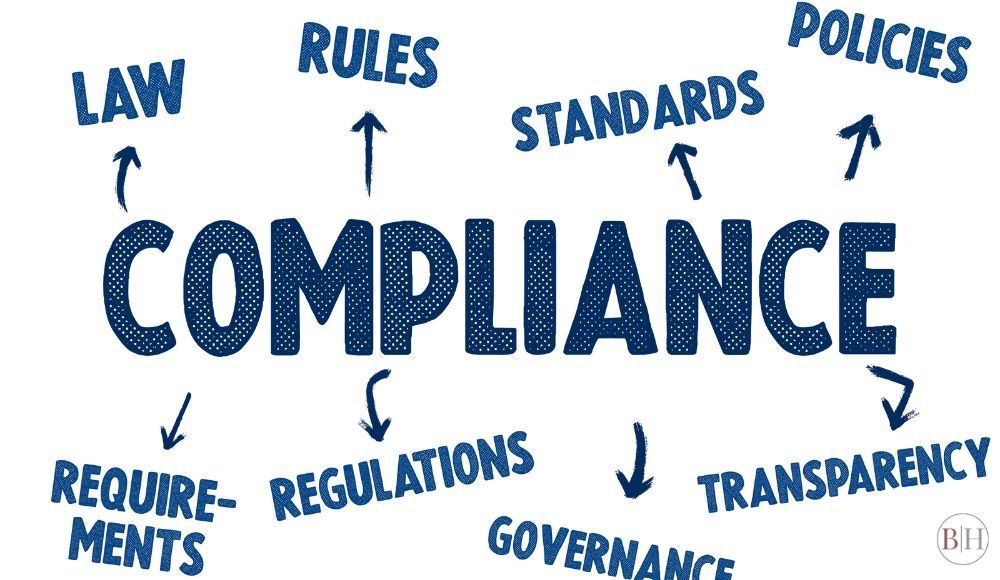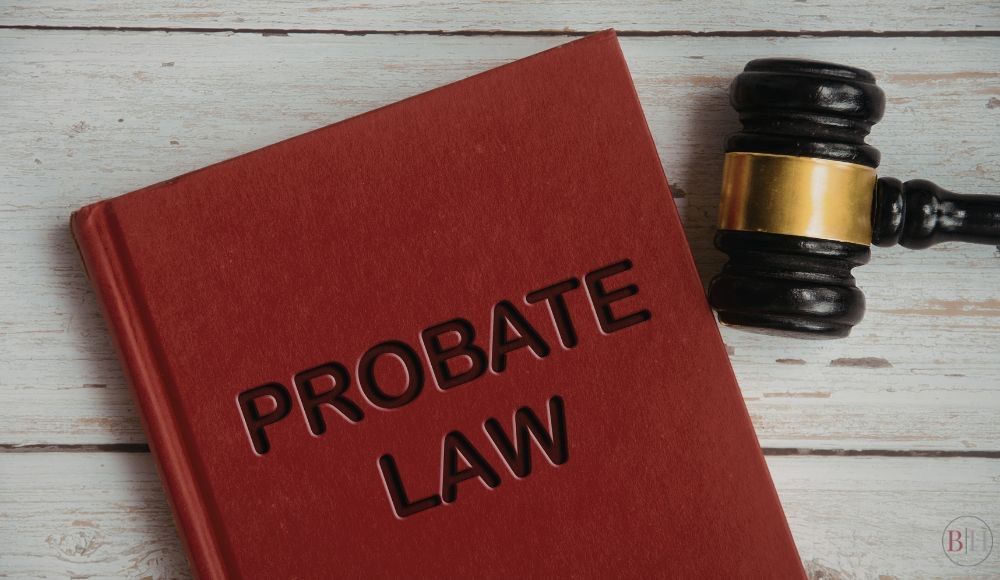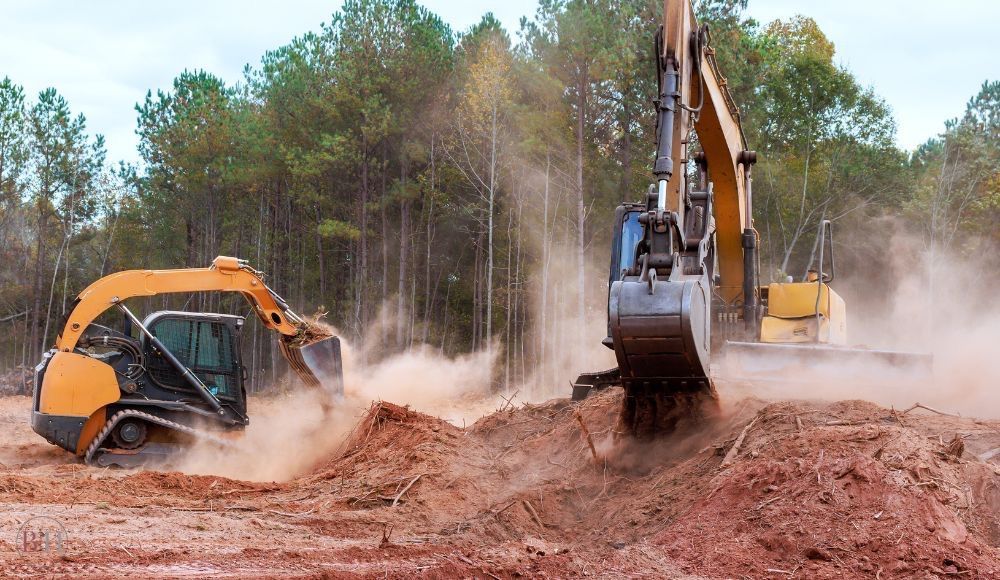Eminent Domain and Condemnation

Eminent domain gives certain governmental bodies the power to seize private property; however, those powers have some limitations, and property owners have specified rights. An experienced Real Estate Attorney can help ensure that your rights are protected.
What is Eminent Domain and Condemnation?
Eminent domain is the government's (and sometimes other entities') right to seize private property to convert it into public use. Condemnation is the legal process used to obtain physical possession and legal title of a privately owned property for public use. For example, the government can seize privately owned properties to build a highway, school, prison, airport, or government facility.
In Pennsylvania (and some other states), "A public utility corporation shall, in addition to any other power of eminent domain conferred by any other statute, have the right to take, occupy and condemn property for [purposes] reasonably necessary or appropriate for the accomplishment of the principal purposes."
Sometimes, the condemnation only affects part of a property. For example, the government can seize a strip of land from multiple properties to widen a street. Condemnation can also be temporary. For example, the government may need temporary access to private property while building a government facility. In some states (including Pennsylvania), blighted properties –abandoned, extremely dilapidated, considered a public nuisance, or dangerous to the public – can also be seized by eminent domain.
"Inverse condemnation is a remedy for property owners when a government takes or damages a property for public use without having brought an eminent domain proceeding," Cornell Law School explains. "To successfully bring an action for inverse condemnation, the property owner must show that the government's taking has failed to promote substantial governmental interests or has deprived the owner of the economic value of their property."
For example, if an action by the government pollutes a property owner's land or waterways or a shop owner loses their parking lot to condemnation, which negatively impacts their business, they can file for inverse condemnation.
Eminent Domain and Property Owners' Rights
Property owners are entitled to due process and appropriate compensation. However, a 2005 Supreme Court ruling in the Kelo vs. the City of New London case, which allowed a municipality to seize property to generate higher tax revenue, expanded the power of eminent domain.
"The Kelo decision marks the first time the Supreme Court permitted a local government to seize non-blighted properties in a non-blighted area for economic development," the Philadelphia Bar Association explains. Pennsylvania and many other states immediately looked for legislative solutions to limit the scope of this decision, strengthening the state's eminent domain laws and amending their state constitutions to prevent private parties from benefiting from eminent domain.
The "Taking Clause" in the Fifth Amendment of the U.S. Constitution states, "Nor shall private property be taken for public use, without compensation." Property owners are rarely successful in challenging the condemnation but typically have more success in challenging the amount of the compensation.
The compensation provided for the property being seized by eminent domain is typically based on the property's fair market value. Factors that determine the fair market value include the property's size, unique characteristics, location, zoning, accessibility, current and potential use, etc. Time, stress, emotional loss, and moving expenses are not typically factored in.
What Should You Do if You receive a Notice of Condemnation?
If you receive a notice of condemnation, you should first contact one of the experienced Real Estate attorneys at Bingaman Hess. We can help ensure you are treated fairly under the law and receive appropriate compensation.
Call today at 610.374.8377 or find us online.









